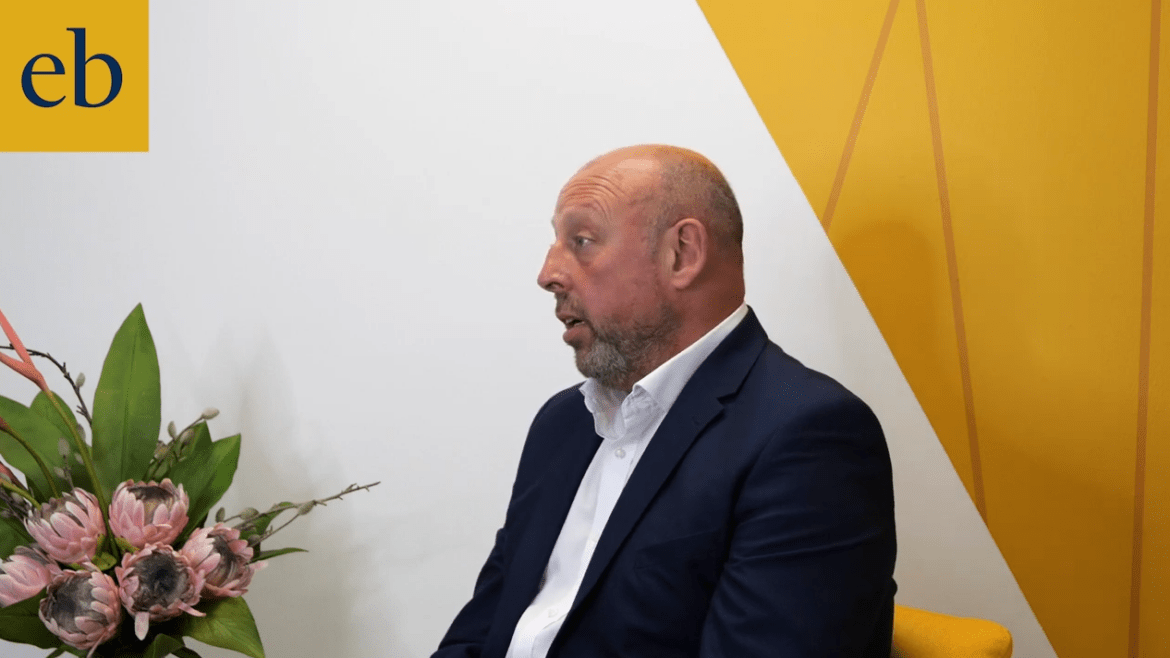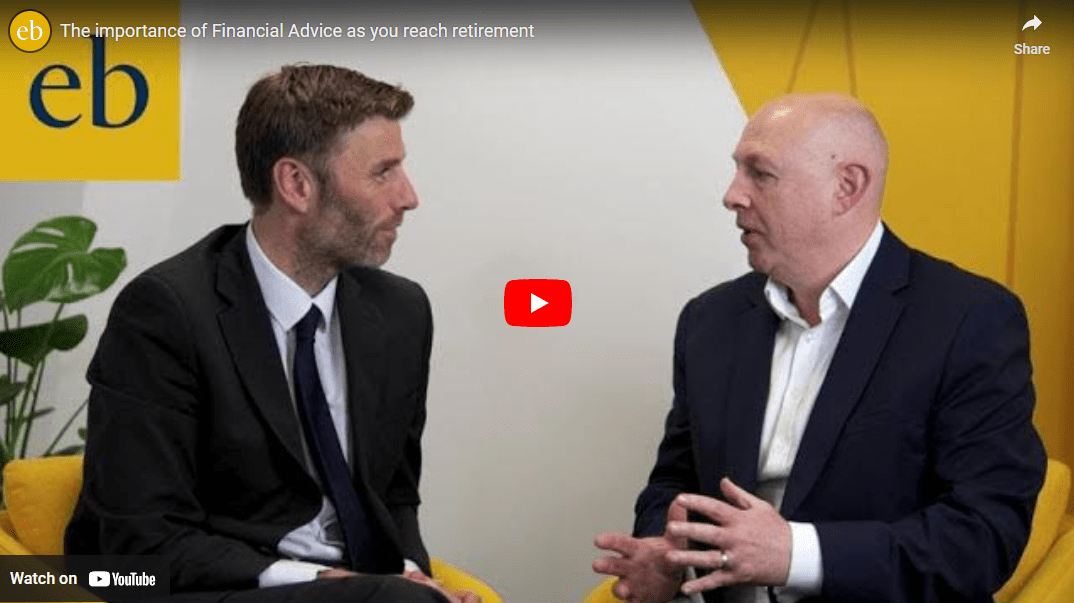Cash flow modelling
https://www.ellisbates.com/wp-content/uploads/2025/01/GettyImages-1294144619-1024x683.jpg 1024 683 Jess Easby Jess Easby https://secure.gravatar.com/avatar/70f816837c455030814d46a740cfc12d89893aaf8cbf8c8f8f59387d7b30ac08?s=96&d=mm&r=gConstructing a detailed representation of your income and expenditure

For many, investing can resemble venturing into uncharted territory, particularly for those new to personal finance. The cornerstone of successful investing lies in comprehending your investment objectives, whether aiming for long-term growth or seeking immediate returns. A critical instrument in managing your finances and achieving these objectives is cash flow modelling, which can transform uncertainty into clarity.
ESSENTIAL ROLE OF CASH FLOW MODELLING
Cash flow modelling involves constructing a detailed representation of your income and expenditure, offering a comprehensive view of your overall financial health. This process highlights areas where you might need to spend more and uncovers potential savings opportunities. Furthermore, it aids in informed investment decision-making and plays a pivotal role in setting realistic and attainable financial goals.
PROJECTING YOUR FINANCIAL FUTURE
By forecasting future finances, cash flow modelling serves as a visual guide, enabling you to plan effectively for your financial objectives. It evaluates both current and prospective wealth, as well as income inflows and expenditure outflows, providing a thorough depiction of your financial status. This model calculates the growth rate necessary to achieve your investment goals while aligning with your risk tolerance and preferred asset allocation.
IMPORTANCE OF REGULAR REVIEWS AND ADJUSTMENTS
Financial planning requires ongoing reviews and alterations to reflect changes in your personal circumstances and market conditions. Cash flow modelling facilitates this dynamic process, ensuring you remain on course to achieve both your lifestyle and financial aspirations. Regular reassessment allows you to adapt your financial strategies, maintaining alignment with your evolving goals.
LIFELONG JOURNEY TO FINANCIAL SUCCESS
Achieving financial success is a continuous journey that begins with a deep understanding of your financial situation, making informed decisions and regularly monitoring your progress. Cash flow modelling and strategically aligned asset allocation are indispensable elements of this journey. These tools help you evaluate various scenarios and synchronise your liabilities with income and capital, ensuring financial stability throughout your life.






 In your 50s, a pension review is pivotal in preparing for a secure retirement. This review thoroughly evaluates your current pension plans to understand their performance and projected future income.
In your 50s, a pension review is pivotal in preparing for a secure retirement. This review thoroughly evaluates your current pension plans to understand their performance and projected future income.






